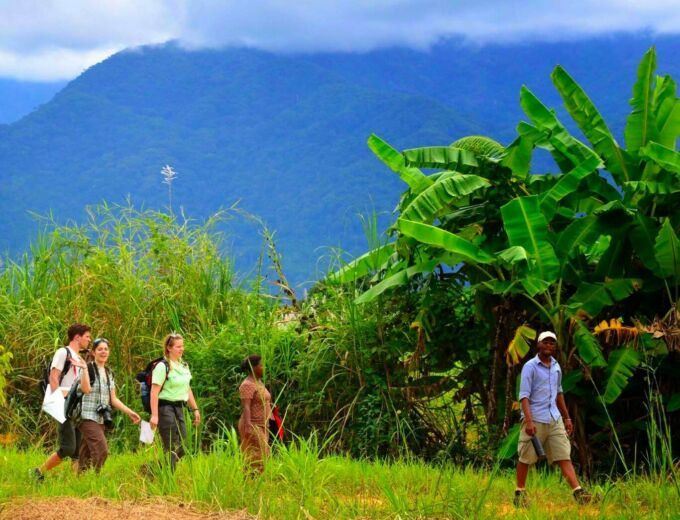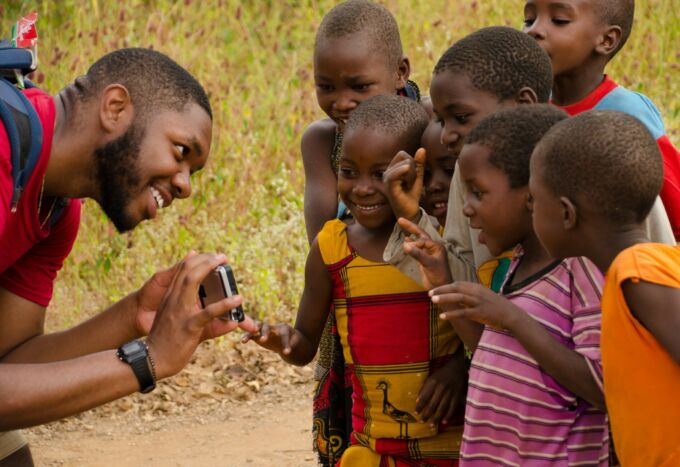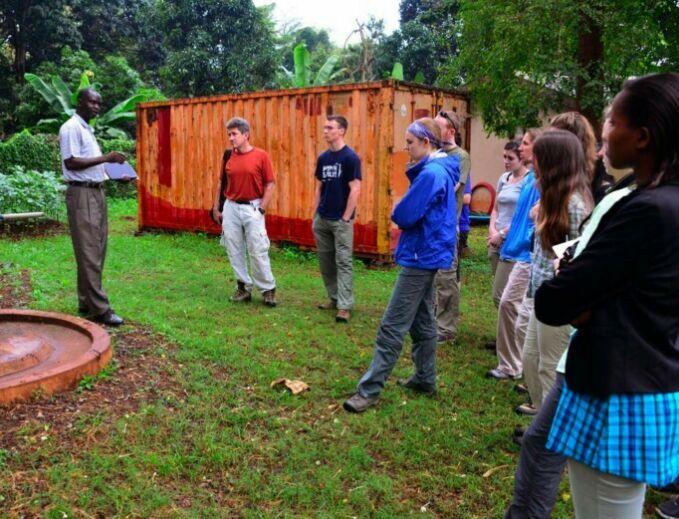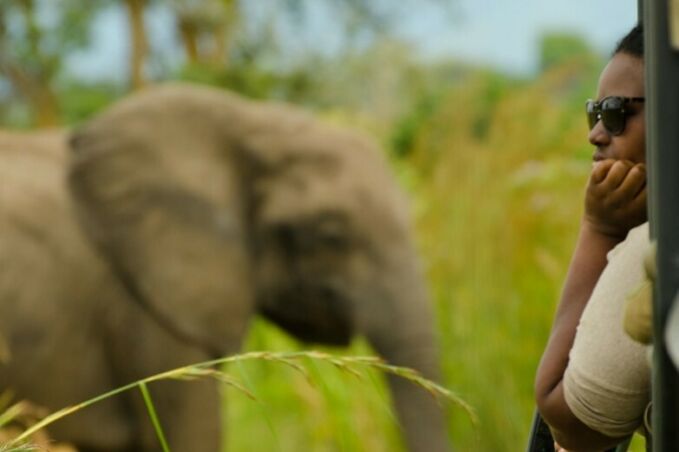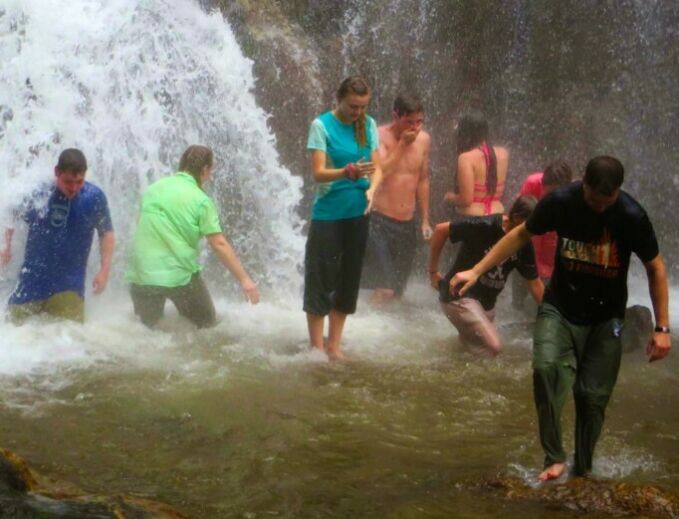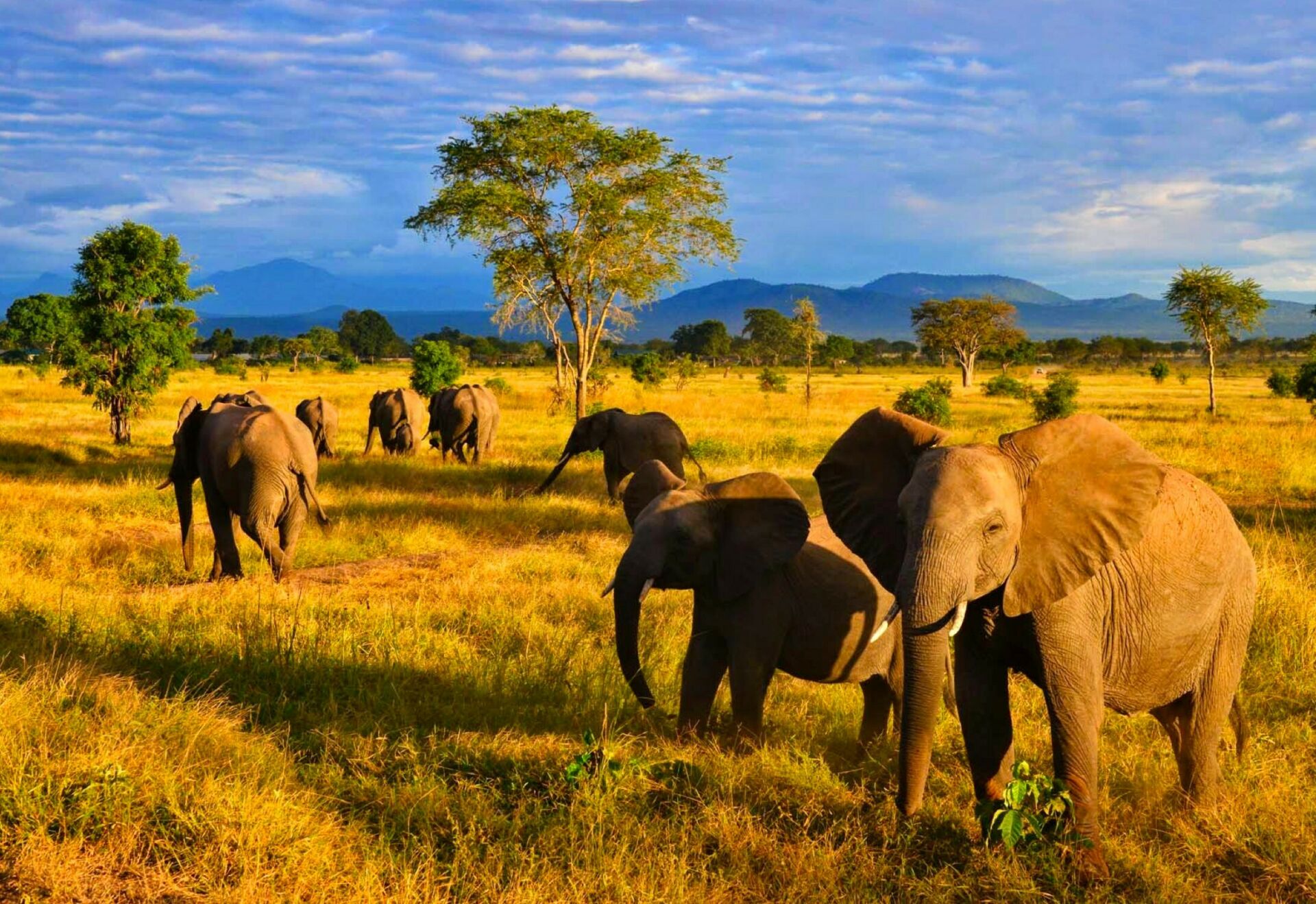
Study Abroad: Tanzania
Mang’ula, Tanzania
Parks and People: Conservation of Nature and Community
Tanzania’s Udzungwa Mountains National Park represents the front line of conservation for some of the most important biodiversity remaining in the Eastern Arc. This geographic setting provides an opportunity to observe and assess several critical dimensions of environmental sustainability.
Tanzania Program Quick Facts
Program Dates:
TBD
Key Issues and Topics:
- Community Planning
- Resource Use and Demand
- Empowerment Strategies
- Planning for Sustainability Ecotourism
Contacts:
Larry Gorenflo, ljg11@psu.edu
Edwin Sabuhoro, eps5479@psu.edu
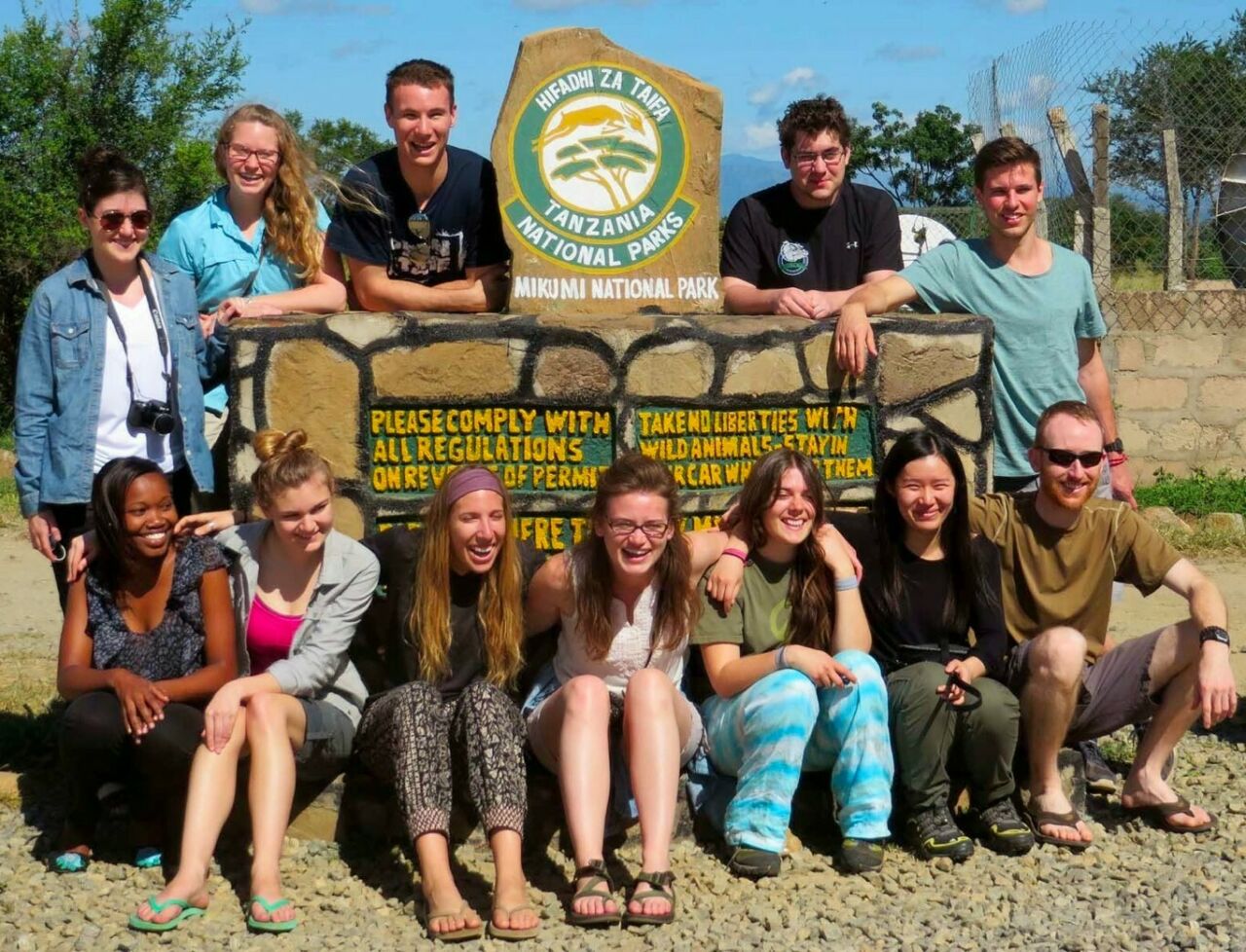
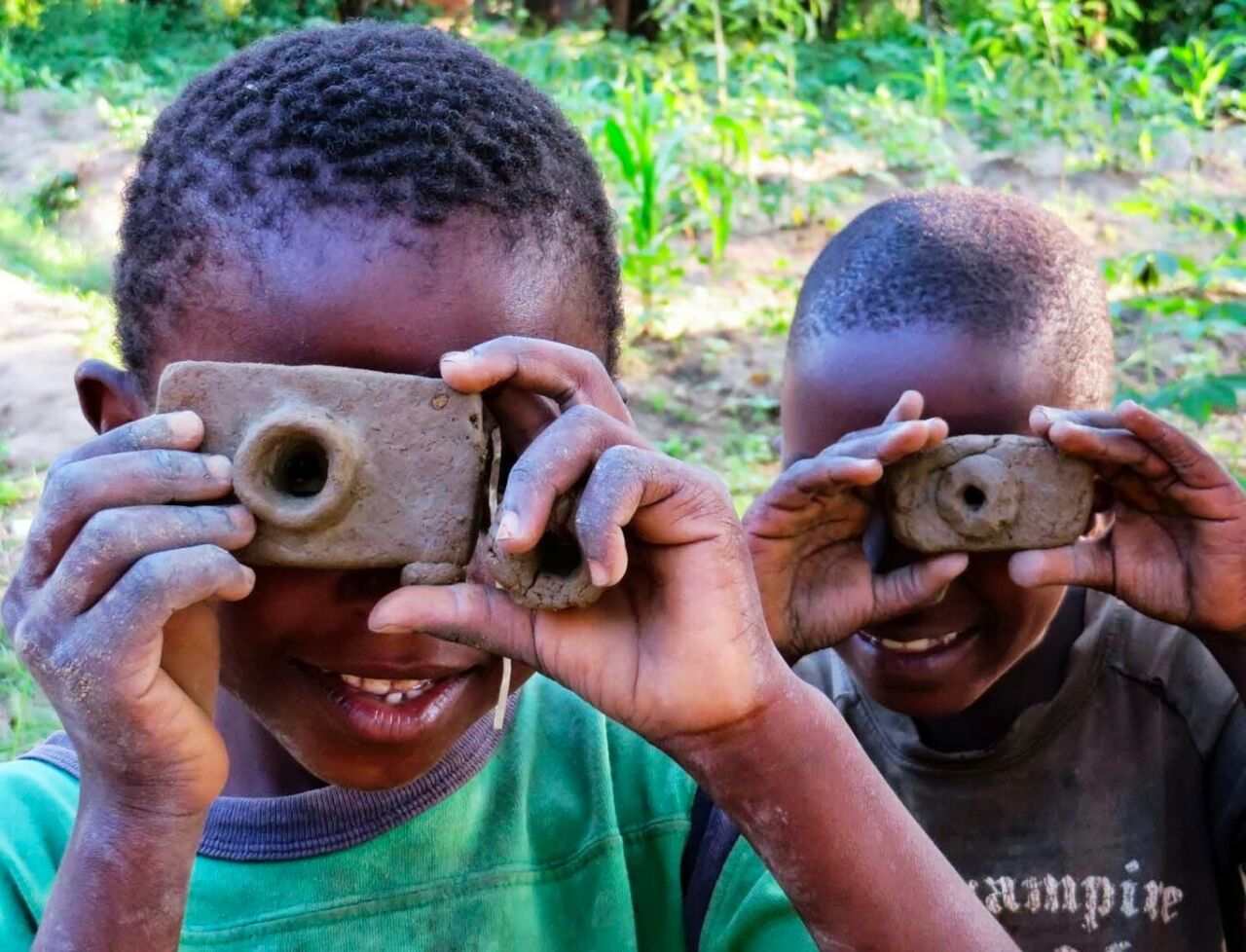
Early in the 21st century, our planet faces challenges of enormous magnitude from more than 7.3 billion people striving to meet the demands for survival and profit, their actions exacting a terrible toll on the natural environment. Designers and planners constantly develop new tools to reconcile the most pressing needs of human development and environmental conservation, and must constantly educate new generations of students motivated to use their knowledge to confront the most pressing challenges ever faced by humankind.
Much of the most important remaining natural environment occurs in protected areas, localities set aside to help conserve natural and cultural resources by restricting various types of development and other forms of human activity. This study abroad program emphasizes fieldwork in communities near one such protected area, Udzungwa Mountains National Park in south-central Tanzania.
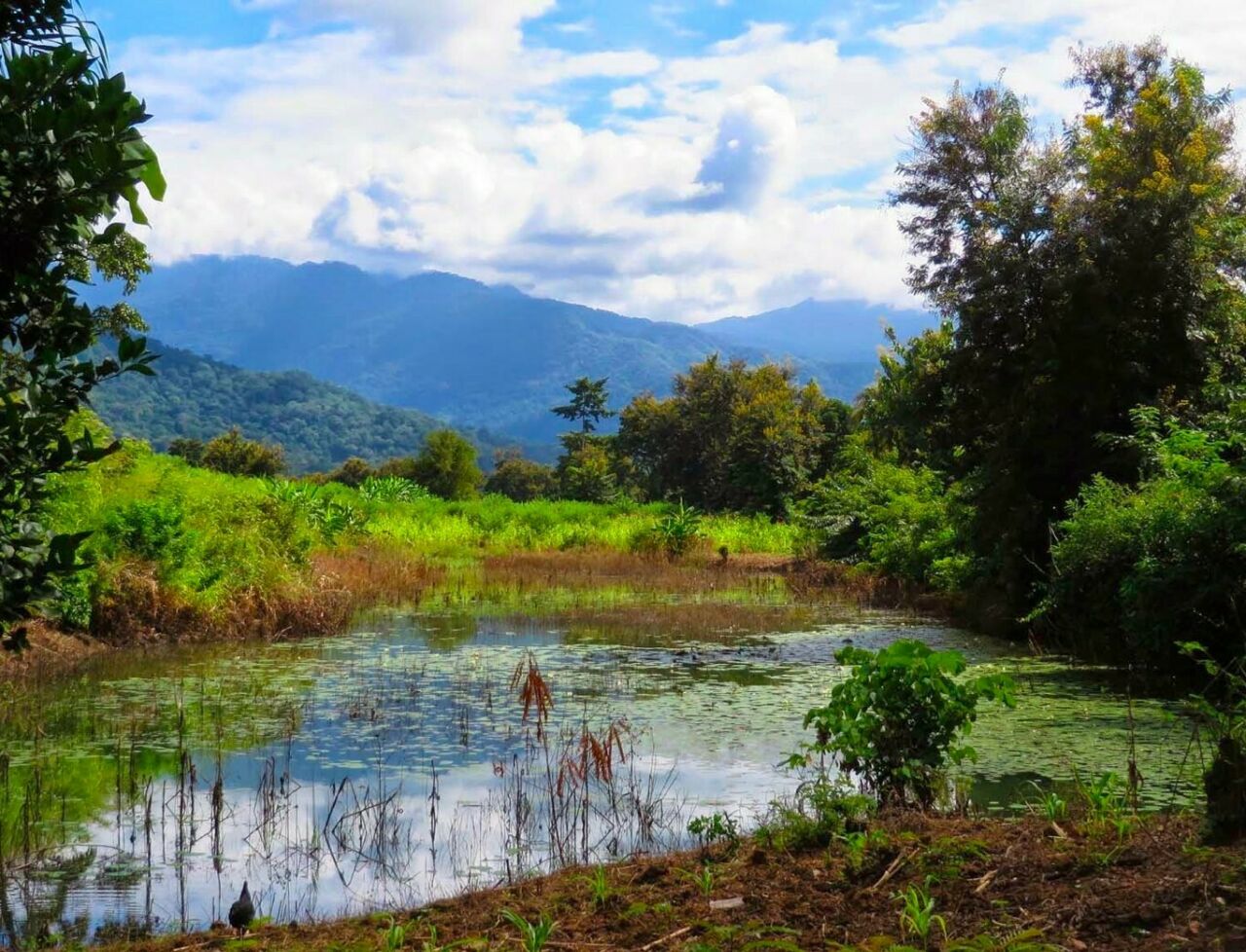
On the Park Boundary
The interface between national parks and adjoining human populations brings the demands of people into conflict with maintaining natural ecological processes. In the Departments of Landscape Architecture and Recreation, Park, and Tourism Management, we prepare students to understand and resolve competing demands of nature and human development in the places where those issues are most pressing.
Udzungwa Mountains National Park provides an ideal opportunity to develop these skills in the context of rural villages adjacent to the largest protected area in the Eastern Arc Mountains, a region known as the Galapagos Islands of Africa because of its remarkable biological diversity. Udzungwa Mountains National Park represents the front line of conservation for some of the most important biodiversity remaining in the Eastern Arc.
This geographic setting provides an opportunity to observe and assess several critical dimensions of environmental sustainability:
- Conserving biodiversity amid human impacts, such as resource extraction and geographic isolation of the park from other protected areas.
- Protecting fresh water to sustain humans and other species, and for other uses such as irrigating agricultural fields.
- Maintaining the health of humans vulnerable to environmentally-induced illness.
- Ensuring the resilience of local cultures faced with growing influence from the developed world.
- Enabling people to pursue livelihoods – often associated with subsistence agriculture, but also involving resource extraction – while maintaining the national park and the ecological processes necessary for conserving the biodiversity it contains.
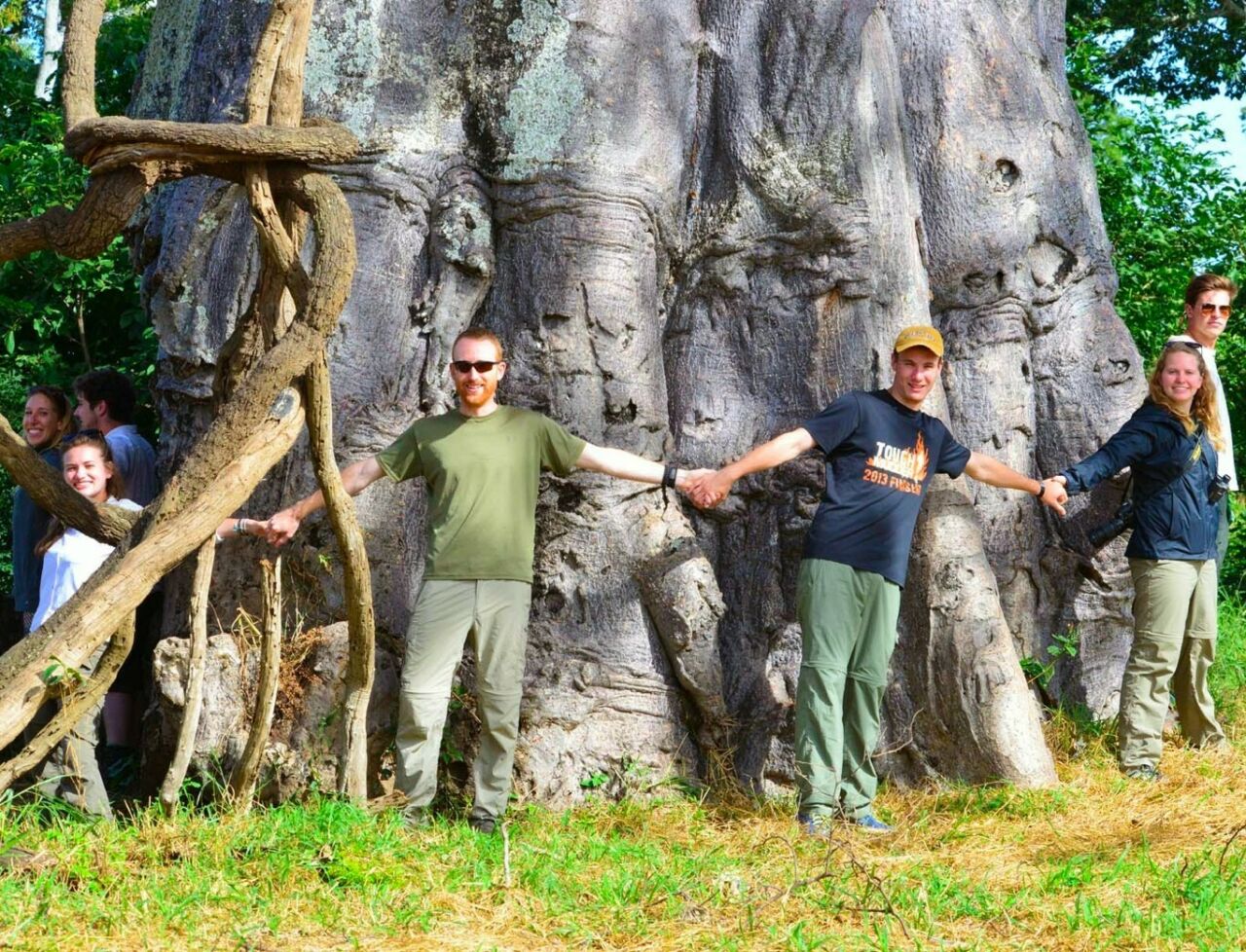
Program Information
Views from Afield
Stunning scenes from Tanzanian parks and communities.


